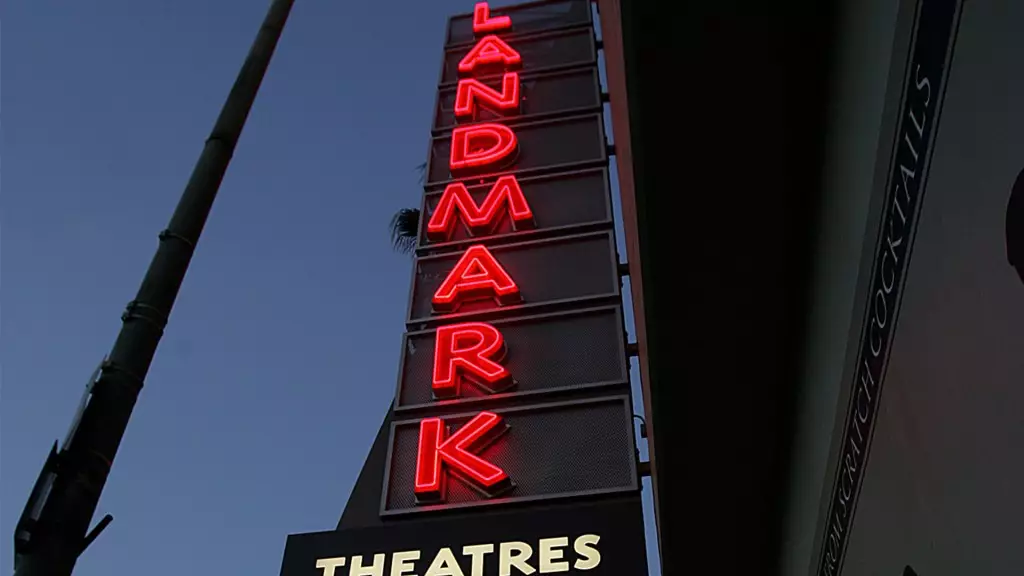In a pivotal moment for the New York real estate market, Charles Cohen, a prominent mogul, finds himself ensnared in a fierce legal battle against Fortress Credit Corp. Following a recent ruling from the New York State Supreme Court, Cohen has been deemed liable for a staggering $187 million personal loan guarantee linked to a broader financial dispute revolving around a $530 million loan that the company provided. The controversy escalated as Fortress initiated legal action against Cohen last spring, citing his default on the loan, which is secured against several high-profile properties, including the Landmark Theaters chain and additional assets still up for grabs in an upcoming auction.
The implications of the Supreme Court’s ruling are monumental, particularly in the context of the auction scheduled for November 8. This auction may become one of the largest sales in New York real estate history, governed by the Uniform Commercial Code (UCC). The properties in question are not limited to the theaters; they also encompass the British arthouse chain Curzon, two notable hotels, a design center, and a commercial office tower. Hence, the outcome of this case not only affects Cohen’s financial standing but could also alter the landscape of property ownership in New York.
In a strategic defensive move, Cohen has filed a notice to appeal the Supreme Court’s decision to the Appellate Division, First Judicial Department. This gesture indicates his intention to fight not just for the immediate financial implications but also for the viability of his business ventures in the future. Cohen has up to six months to formulate a comprehensive formal appeal. His legal team has raised significant questions about the previous court’s acceptance of Fortress’s claims, specifically challenging whether a legitimate default occurred in light of prior agreements between the two parties regarding loan extensions.
Central to Cohen’s appeal is the debate over a series of email exchanges between him and Fortress. Cohen’s representatives argue that these communications indicate mutual consent to extend the loan, reinforcing their belief that no default had transpired. Conversely, Fortress maintains that these emails lacked legal legitimacy, a stance supported by the judge’s current ruling. This distinction will likely be pivotal in Cohen’s appeal, as it appears to hinge on the interpretation of informal agreements and their enforceability in a court of law.
As Cohen prepares for the lengthy appeal process, the market waits with baited breath. While the legal wheels turn, the auction remains on track, signaling a potential shift in property ownership dynamics in New York. The outcome of this case could set significant precedents within the realm of commercial real estate transactions, where the clarity of agreements—formal or informal—will be scrutinized more closely than ever. For Charles Cohen, this legal battle represents more than just a fight over a loan; it is a critical juncture that may well define his legacy in the competitive landscape of New York real estate.

